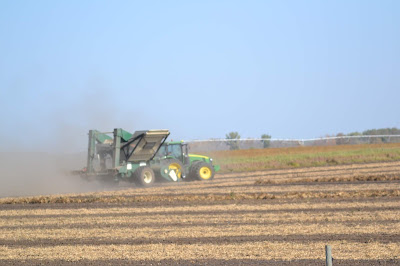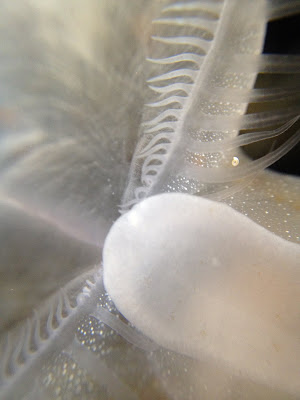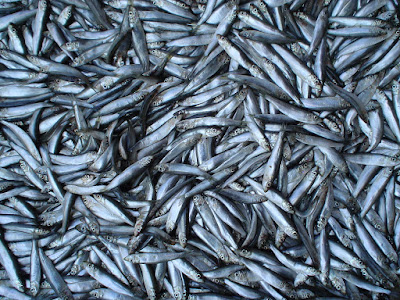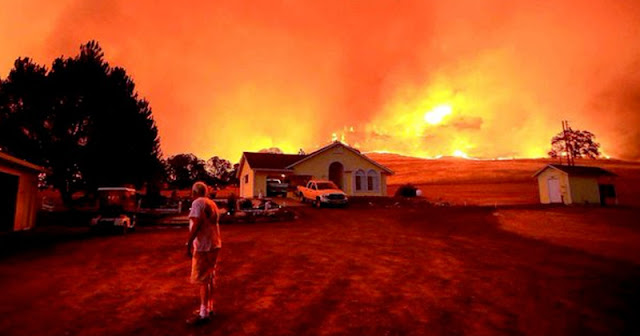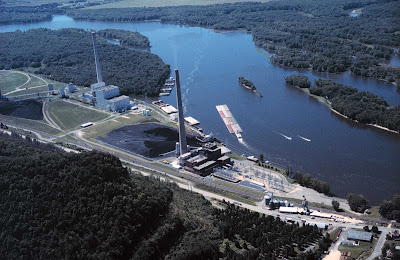Climate change affecting fish in Ontario lakes, study reveals
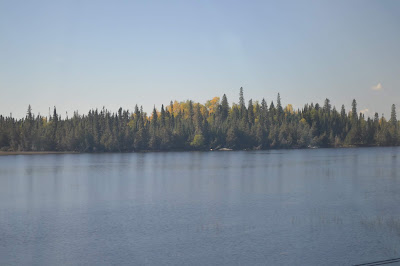
PHYS ORG A lake in northwestern Ontario. Photo by PinP. Warmer temperatures are having a ripple effect on food webs in Ontario lakes, according to a new University of Guelph study. Story here.
